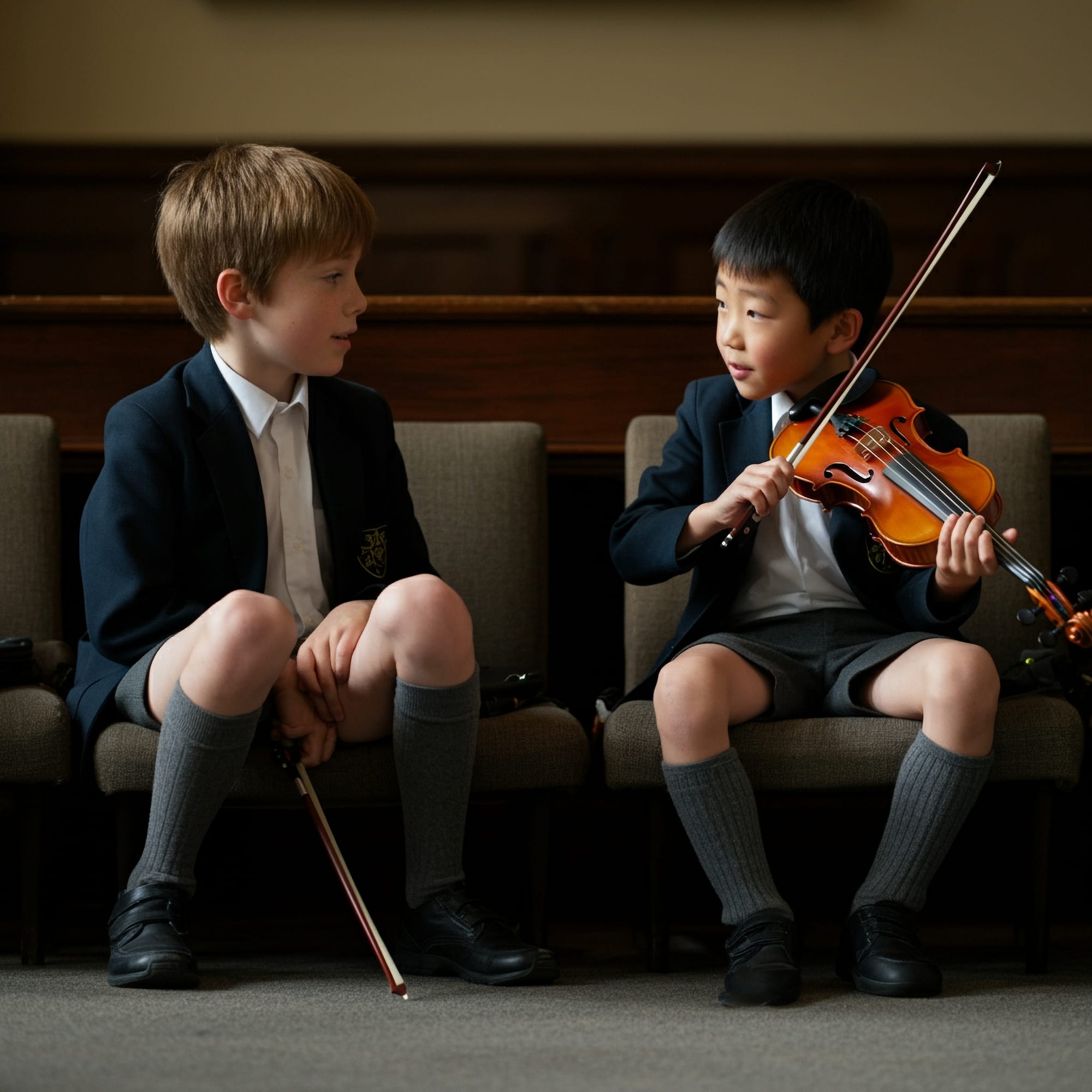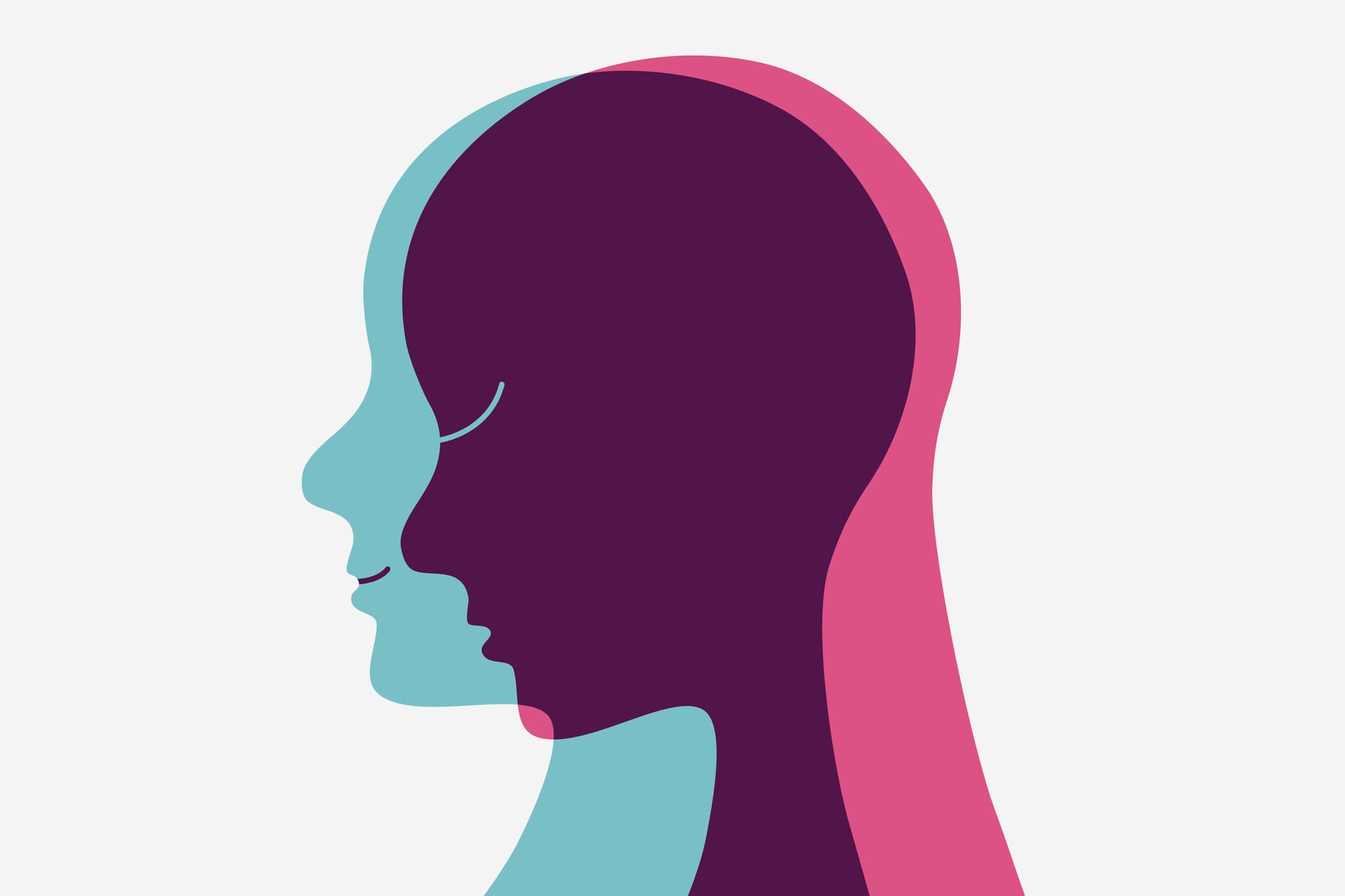
East meet west?
Culture barriers
The Western concept of recovery in mental health and addiction is shaped by an individualistic worldview. At its heart, it values self-determination and personal agency—principles grounded in human rights, where each person is encouraged to take charge of their own healing and direction.
This approach has helped many, yet it can also create unspoken barriers when applied in contexts where collectivism, not individualism, forms the cultural baseline. This is especially true for many in Asian communities.
Cross-cultural miscommunication
Since my time at Mind and Body, I’ve been thinking about this a lot—about how Western mental health systems sit alongside Eastern cultural values. It started as a quiet observation, something I noticed in conversations and community spaces. Over time, it became something I actively brought into my work, a lens I continue to return to whenever I support others or reflect on how services are delivered.
Soloist or Orchestra?
One way I’ve often explained this difference is through the metaphor of a soloist and an orchestra.In an orchestra, everyone has an instrument and a defined role. The focus isn’t on standing out, but on contributing to something shared. Each musician follows the score, and the goal is to stay in harmony. When someone plays out of tune, it’s not just a personal mistake—it disrupts the whole sound. In many collectivist cultures, this sense of harmony isn’t just musical.
East
West
In collectivist cultures, there is still talent, still skill, still agency—but it flows in a different way. The orchestra often has a conductor. People don’t wait to be noticed; they wait for cues. There is a deep respect for structure and guidance. Surrendering to the conductor isn’t weakness—it’s alignment.
When we bring this metaphor into the world of mental health recovery, the tensions start to become clearer. A model that assumes people will naturally take initiative, speak up, and make decisions may unintentionally leave some feeling uncertain or even alienated. Especially for Asian migrants, where mental health hasn’t always been part of public conversation, and where help-seeking itself might carry stigma, being told to take charge of your own recovery can feel like being asked to perform a piece of music without ever seeing the sheet.
Of course, metaphors simplify things—but they can still reveal something useful. In many Asian contexts, mental health has not been a government priority. Services may be unfamiliar or distrusted. So when someone arrives in front of a mental health professional and is asked to make choices, it may not be that they don’t know how. It may be that they’ve been taught their whole lives to put the group before the self, to follow rather than direct, and to avoid disrupting harmony at all costs.
That doesn’t mean they’re passive. It means the system needs to slow down and offer clearer cues. It means being willing to explain, not assume. When that happens—even in small ways—it can ease early engagement, build trust, and open the door to something more respectful and inclusive.


